Once, Boston was ‘a special place’ where musicians thrived
https://www.bostonglobe.com/2021/03/12/arts/once-boston-was-special-place-where-musicians-thrived/
By almost any measure, keyboardist Wesley Nagy was doing pretty well.
The Vineyard Haven musician had carved out a comfortable life for himself, playing the island’s lucrative wedding circuit, serving as music director at Grace Church, and gigging at bars and other venues with his reggae-infused cover band, The Grateful Dread.
One year after the onset of the pandemic, however, Nagy has seen his performance schedule evaporate. His income has shrunk to less than a quarter of what it was before the COVID-19 crisis. He’s racked up an estimated $80,000 in credit card debt. And although he had been trying to make ends meet doing construction, that came to a crashing halt last summer when he cut off his little finger while sawing a piece of oak. Now he’s on unemployment, hoping eventually to sell some property he and his estranged wife acquired over the years.
“The income is totally reduced,” said Nagy, 65, who had his finger reattached. “Everything here came to a grinding halt.”
Nationally, professional freelance musicians have been among the hardest hit by the pandemic as their patchwork of gigs — at concert halls, theaters, bars, clubs, and restaurants — vanished overnight. The National Endowment for the Arts estimates the unemployment rate among musicians was roughly 27 percent by the third quarter of last year.
Massachusetts is no exception: A recent survey by the Mass Cultural Council of nearly 3,000 creative professionals indicates they have collectively lost more than $30 million in personal income over the past year, the result of some 68,000 canceled gigs or jobs.
The pain has been particularly acute among musicians in the Boston area, where a robust classical music scene has long enabled freelance players to enjoy the comforts of middle-class life, sustaining their families through a variety of teaching and ongoing performance engagements — everything from the Boston Symphony Orchestra and Boston Pops, to Boston Ballet, Boston Modern Orchestra Project, and symphony orchestras in Maine, Rhode Island, and Vermont.
“Boston is one of those rare places where freelance musicians were able to make a middle-class living just as performers — that really did make it a special place,” said Hazel Dean Davis, a French horn player who gave up her seat with the Virginia Symphony Orchestra to live and perform in Boston’s once-thriving musical field. “I moved back because you really could make it as a freelancer.”
But the piecemeal nature of the work has also meant freelance musicians are particularly vulnerable as venues remain shuttered, performance calendars blank, and proper unemployment benefits hard to come by.
“Contracts that had been in their books for months are all canceled,” said Gabe Langfur, a director with the 1,700-member Boston Musicians Association. “They’re looking at rent, mortgage, child care, medical expenses, but seeing no income to pay for them.”
In June, Langfur joined with Davis to cofound the New England Musicians Relief Fund, which helps ease the financial pain with $1,000 grants to struggling players. Their applicant pool indicates that many musicians are even worse off than the MCC survey found: Nearly 400 musicians have applied to the fund, reporting more than $11 million in lost earnings — roughly $28,000 per person.
“People underestimate how many people make their livings as musicians across New England,” said Davis. “There’s a lot of fear.”
‘I want to help people’
Violinist Allyson Michal, a member of symphonies in Maine, Rhode Island, and Connecticut, has spent the last year caring for her young son while wrangling to get proper unemployment benefits, a struggle familiar to many freelance performing artists.
“The system is not set up for people in my situation,” said Michal, whose weekly benefit is about $350. “My account was at one point on hold for three months.”
She’s played a handful of concerts in the past year, but the family has been getting by mainly on her husband’s salary as an assistant professor and her unemployment benefits.
“We asked for a delay on this bill, or a month or two off of the mortgage just to try to have less money going out,” said Michal, 36. “Just kind of hoarding what we had.”
Through it all, Michal sought to practice the violin. But with her young son at home and no concerts in sight, it’s been a struggle to maintain her elite playing level. She canceled an audition early in the pandemic, which led her to deeper questions.
“That sort of led me to start thinking about what else I want to do with my life,” said Michal, who continues to play violin but has since enrolled in a slate of online classes at her local community college — prerequisites for the school’s nursing program.
“I want to help people,” she said, choking up at the thought of never playing Mahler again. “This feels like a way I can do that.”
‘A little bit like gambling’
Musicians who are just starting out face equally daunting challenges.
Nick Auer, a talented French horn player who received his master’s degree in 2018 from the New England Conservatory, drove for Lyft while trying to establish a name for himself in the city’s music scene.
“I needed to be able to say yes to everything,” said Auer, who was the first in his family to go to college.
The strategy worked, and soon Auer was making a living almost exclusively through performing, fielding regular engagements with the Pops and Boston Philharmonic, as well as symphonies in Rhode Island and Maine.
Meanwhile, Auer was trying hard to win a full-time seat at an orchestra, and he spent countless hours preparing for auditions before flying to California, Florida, and numerous spots in-between.
But with 30 looming, Auer felt he needed to choose a path: A full-time seat at an orchestra would mean financial stability, but auditions were time-consuming and expensive, sometimes costing upward of $1,000 for travel and related expenses. And that’s to say nothing of the local gigs he had to forego for auditions, dimming his prospects as a freelancer.
“It feels a little bit like gambling: If I hit it big, it’ll have been worth it,” said Auer, 28. “But I was also realistic. I knew that it doesn’t happen for everybody.”
The pandemic has brought Auer’s dilemma into even sharper relief. He’s continued to practice for hours each day, even as he struggled by on unemployment benefits and later landed a job at a supermarket cheese counter.
“I want to be at like 150 percent,” said Auer, who still hopes to win a full-time seat with an orchestra once things open up. “I don’t want to give any reason for someone not to hire me.”
‘A new beginning’
Trombonist Skye Dearborn was also finding her way in the city’s freelance scene when the pandemic struck.
Although she hadn’t felt ready when she earned her master’s from Boston University in 2019, Dearborn had recently caught some major breaks, performing at the Grammy Awards, playing in the band for “Moby Dick” at the American Repertory Theater, and subbing in Virginia’s Richmond Symphony.
“I was finally able to actually support myself,” said Dearborn, who added that she even managed to accrue some savings. “I was sort of evolving and realizing that I really liked freelancing.”
After COVID hit, Dearborn found herself living off those savings. Her family couldn’t provide much financial support, and she eventually qualified for unemployment benefits and food stamps.
But Dearborn’s professional opportunities weren’t the only thing to disappear; she found her love of practicing had vanished as well.
“I just stopped practicing,” said Dearborn, who estimates she took seven months off. “It just wasn’t enjoyable at all, and I love practicing. For me to just stop, the motivation was at zero.”
November was particularly difficult, as the pandemic began to wear on her. She turned 25 that month. She felt she’d been robbed of her youth, and she was anxious about having to break into the Boston music scene again — especially after months without practicing.
“It was just like a hard, rough bottom,” said Dearborn, who’s originally from Sioux Falls, S.D. “I just thought, like, the privileged musicians are going to be the ones who can rebound, and I was going to get left behind.”
She tried to make sense of her life as the days blurred together, eventually picking up her trombone again.
The instrument’s sound, raw, rough, and uninhibited, was a revelation.
“My bad habits weren’t there. My good habits weren’t there, but it felt new,” she said. “It felt like a new beginning.”
In the months since, she has continued to practice for hours each day, a therapeutic escape from her year trapped indoors. She’s reacquainted herself with the music of her youth. She’s exploring new genres, and she’s reconsidering her career goals.
Dearborn had spent her life approaching the trombone with academic precision, carefully preparing for concerts and recitals. She knew Beethoven was meant to sound one way, Brahms another.
“Those rules really felt comfortable,” she said. But lately she’s been playing music only for herself, music that’s “real and breathing and moving and changing.”
“The structure made me feel safe,” she said, “but now I feel like I really have something to say.”
Malcolm Gay can be reached at malcolm.gay@globe.com. Follow him on Twitter at @malcolmgay.


